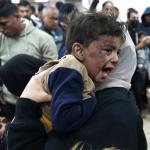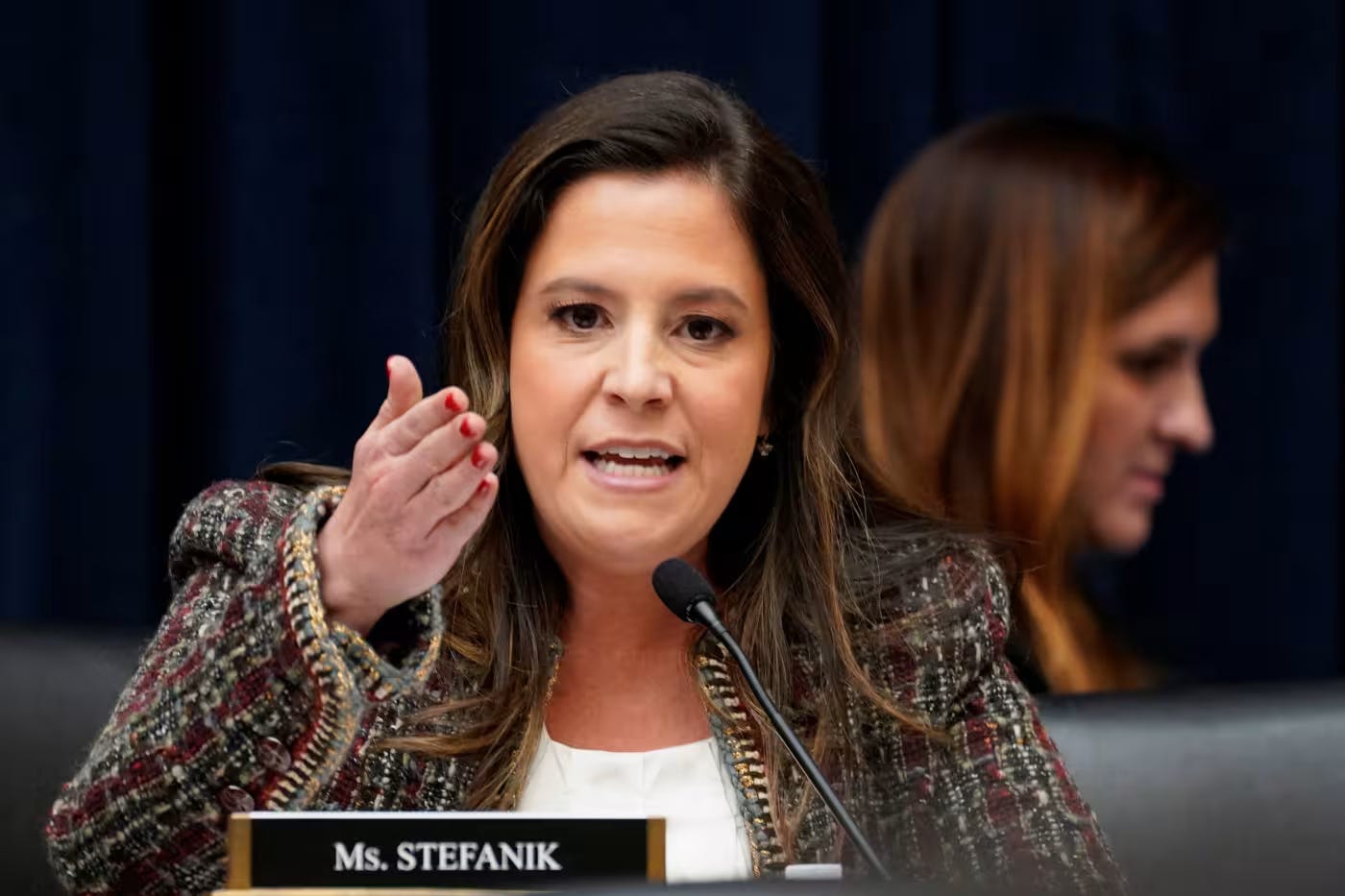We Are No Strangers to Human Suffering, but We’ve Seen Nothing Like the Siege of Gaza

We are no strangers to human suffering — to conflict, to natural disasters, to some of the world’s largest and gravest catastrophes. We were there when fighting erupted in Khartoum, Sudan. As bombs rained down on Ukraine. When earthquakes leveled southern Turkey and northern Syria. As the Horn of Africa faced its worst drought in years. The list goes on.
But as the leaders of some of the world’s largest global humanitarian organizations, we have seen nothing like the siege of Gaza. In the more than two months since the horrifying attack on Israel that killed more than 1,200 people and resulted in some 240 abductions, about 18,000 Gazans — including more than 7,500 children — have been killed, according to the Gazan health ministry. More children have been reported killed in this conflict than in all major global conflicts combined last year.
The atrocities committed by Hamas on Oct. 7 were unconscionable and depraved, and the taking and holding of hostages is abhorrent. The calls for their release are urgent and justified. But the right to self-defense does not and cannot require unleashing this humanitarian nightmare on millions of civilians. It is not a path to accountability, healing or peace. In no other war we can think of in this century have civilians been so trapped, without any avenue or option to escape to save themselves and their children.
Most of our organizations have been operating in Gaza for decades. But we can do nothing remotely adequate to address the level of suffering there without an immediate and complete cease-fire and an end to the siege. The aerial bombardments have rendered our jobs impossible. The withholding of water, fuel, food and other basic goods has created an enormous scale of need that aid alone cannot offset.
Global leaders — and especially the United States government — must understand that we cannot save lives under these conditions. A significant change in approach from the U.S. government is needed today to pull Gaza back from this abyss.
For a start, the Biden administration must stop its diplomatic interference at the United Nations, blocking calls for a cease-fire.
The bombardment is not the only thing brutally cutting lives short. The siege of — and blockades surrounding — Gaza have led to a critical food scarcity, cutoffs of medical supplies and electricity, and a lack of clean water. There is barely any medical care to be found in the enclave and few medications. Surgeons are working by the light of their mobile phones, without anesthetics. They are using dishcloths as bandages. The risk of waves of waterborne and infectious disease will only grow in the increasingly overcrowded living conditions of the displaced.
One of our colleagues in Gaza recently described their struggle to feed an orphaned infant who had been rescued from the rubble of an airstrike. The baby had not eaten for days after her mother’s death. Colleagues could only scrounge up powdered milk — not formula, not breast milk, and not a nutritionally suitable infant food — to help stave off her starvation.
Today our staff members are not safe. They tell us they’re making the daily choice of staying with their families in one place so that they can die together or go out to seek water and food.
Among leaders in Washington, there is constant talk about preparing for the “day after.” But if this relentless bombardment and siege continue, there will be no “day after” for Gaza. It will be too late. Hundreds of thousands of lives hang in the balance today.





